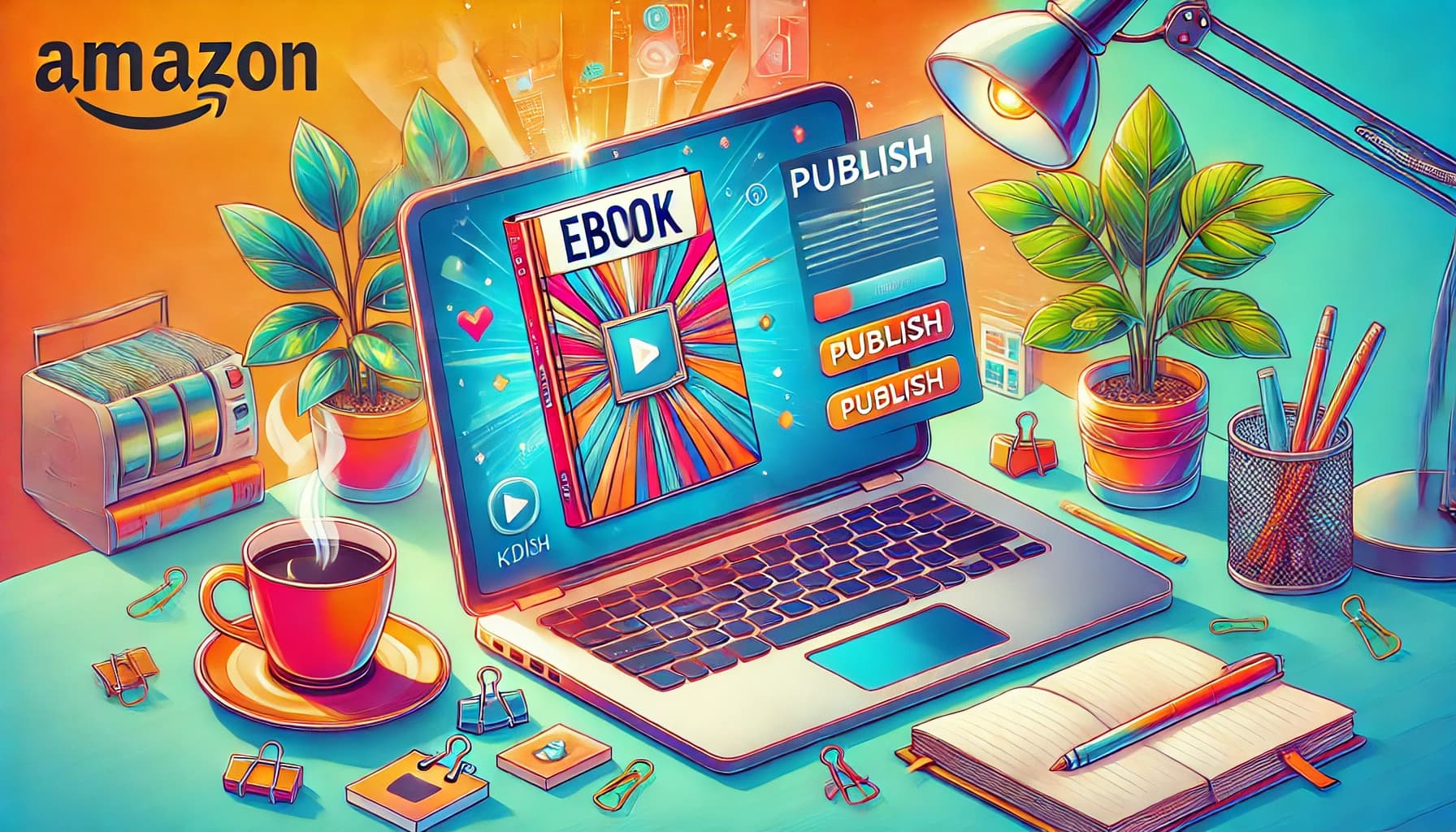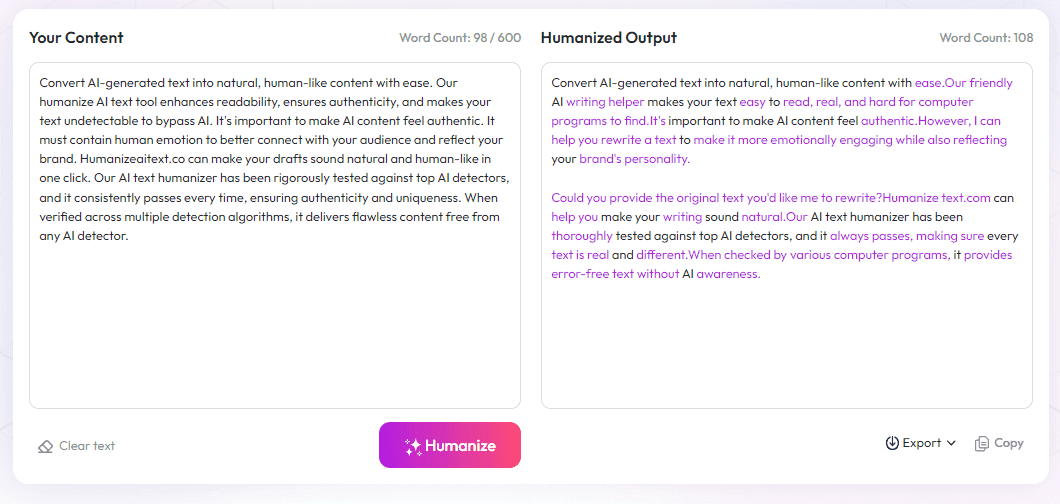Table of Contents
Many people wonder if AI can truly be a part of the writing team as a co-author. The rules and opinions about this are all over the place, leaving us with more questions than answers. But don’t worry—by the time you finish reading, you’ll have a clearer idea of where things stand and what might change in the future.
Keep going, and you’ll discover the current guidelines, legal thoughts, and reasons why AI might never be a real writer’s peer. Plus, I’ll share practical advice on how to use AI responsibly in your work, along with hints on what the future might hold. Stick around—you might just find some answers you weren’t expecting.
Here’s a quick preview: We’ll look at what rules say about AI as a co-author, what big publishers think, and why many argue AI can’t truly share authorship rights. Ready? Let’s get into it.
Key Takeaways
Key Takeaways
- Most authorities agree AI cannot be listed as a co-author because it can't take responsibility or hold rights. Laws and major publishers say only humans can be recognized as authors.
- Using AI tools in writing should be transparent. Disclose AI help and keep records of how it's used to ensure responsible and ethical work.
- Legal systems treat AI as a tool, not a person, so it can't own copyrights or be responsible for content, meaning all rights go to human creators.
- AI lacks consciousness and accountability, so it can't make creative decisions or be responsible like human co-authors. It's a helpful tool, not a partner.
- Future rules might change as AI advances, but for now, laws favor human authorship. Staying informed and using AI responsibly remains key.

1. Can AI Be a Co-Author? What the Current Rules Say
The debate over whether AI can be recognized as a co-author is heating up, but the current stance is pretty clear: most authorities say no.
Legally, AI cannot be listed as a co-author because it lacks the capacity to take responsibility or hold rights—key criteria for authorship under current laws.
In academic publishing, guidelines from organizations like the Committee on Publication Ethics (COPE) and the International Committee of Medical Journal Editors (ICMJE) specify that authors must be human, capable of accountability, and able to sign off on content.
Since AI tools are only instruments, they do not meet these standards, meaning that the person who used AI remains the true author.
Many publishers are already setting rules—about 96% of surveyed publishers explicitly prohibit listing AI as an author, insisting only humans can claim that role.
For example, the major scientific journals such as *Nature* and *JAMA* explicitly exclude AI from authorship and instead focus on disclosing AI use as a tool to assist writing, not as a contributor itself.
This means that, until laws or policies change, AI will continue to be regarded as a writing aid rather than an official author.
Current guidelines prioritize transparency; if AI tools significantly contribute to a work, human authors must disclose their use, but the human remains responsible for the final content.
2. What Major Publishers Disallow for AI Co-Authorship
Most influential publishers agree that AI cannot be credited as a co-author, mainly due to legal, ethical, and practical reasons.
Leading scientific journals like *Nature*, *JAMA*, and others have policies firmly stating that all authors must be individuals capable of taking responsibility and making intellectual contributions.
These publishers demand that if AI tools are used to generate or augment content, this must be disclosed, and human authors must verify and take responsibility for the work’s integrity.
The core rule: AI is seen as a tool, like a spell checker or data analyzer, not a creator or contributor who can be accountable.
In practice, this means that AI-generated text or ideas cannot be listed as an author—only a human can sign off on the submission.
This approach helps avoid legal complications and maintains accountability, which is critical for scientific integrity.
Some publishers also stress that AI cannot hold copyrights, and thus it cannot own or be credited as an author under current copyright laws.
3. Legal Viewpoints on AI and Authorship Rights
Legal experts agree that AI as a legal entity cannot have rights or responsibilities—crucial aspects of authorship rights.
Copyright laws generally require the author to be a human who can hold rights and be held accountable, which AI doesn't meet.
In the US, the Copyright Office explicitly states that works created solely by AI lack copyrightability unless a human has made significant creative contributions.
This means that AI or AI-generated content is considered in the public domain or needs human input for legal protection.
Some argue that future laws might evolve to recognize AI's role, but for now, all rights belong to human creators or organizations overseeing AI tools.
Furthermore, laws around liability also complicate AI authorship—who is responsible if an AI-generated work contains errors or infringes intellectual property?
These legal restrictions solidify the stance that AI cannot be an official author, but it can be viewed as a powerful tool aiding human creators.
4. Why AI Cannot Act as a True Co-Author
AI falls short of becoming a true co-author because it lacks consciousness, intent, and responsibility.
Authorship involves not just producing content but also making creative decisions, which requires human judgment and awareness.
AI operates based on algorithms and data, but it does not possess understanding, morals, or accountability—it blindly generates outputs based on patterns.
Without the ability to take responsibility for the work, AI cannot be held accountable in the way human co-authors are.
This creates a major ethical concern: can we credit an AI without attributing responsibility or accountability?
Plus, AI does not own intellectual property rights, and current copyright laws do not recognize it as a legal entity capable of holding rights.
That leaves human authorship as the only valid option, with AI serving as a tool, not a partner in research or creative processes.
Therefore, despite AI’s impressive capabilities, it remains a savvy assistant—nothing more and nothing less.

5. Ethical and Practical Guidelines for Using AI in Writing
When it comes to using AI tools in your writing process, transparency is key: always disclose AI assistance in your work.
Practically, consider setting internal policies on AI usage, such as deciding which tasks AI can help with and which require human input.
Use AI as a teammate rather than a replacement—think of it as brainstorming buddy or a first-draft generator, not the final author.
To avoid issues, keep records of AI prompts and outputs, especially if you need to prove your creative process later.
Remember, deploying AI ethically also means respecting intellectual property rights; don’t copy AI-generated content without checking licensing terms.
Regularly review guidelines from publishers and associations like COPE to stay updated on best practices.
For example, some authors blend AI-generated ideas with their own voice, ensuring the final piece remains distinctly human.
And don’t forget, disclosing AI use isn’t just about following rules — it builds trust with your audience and fellow writers.
6. Future Trends and Changes in AI and Author Recognition
Looking ahead, it’s likely that legal and ethical standards around AI authorship will continue to evolve as the technology advances.
Some experts believe AI might someday gain recognition in certain creative realms, especially in collaborative projects with clear human oversight.
We see ongoing discussions on whether new laws could grant AI a form of "rights" or at least conditionally acknowledge its role.
Advances in AI explainability might also influence how attribution is handled, making it clearer which contributions come from humans versus machines.
In the publishing world, we might see new types of licensing that accommodate AI contributions while maintaining accountability.
Academic institutions and journals are already testing policies that allow AI tools to be mentioned as part of the research process but not as co-authors.
Trending data shows that most publishers (around 96%) still prefer humans as authors, but this may shift with future transparency tools and evolving laws.
Whether AI will be officially recognized as a co-author in the coming years remains uncertain, but staying informed about policy changes is a smart move for any writer.
Finally, embracing AI as a supplement—rather than a substitute—for human creativity will probably remain the norm, with guidelines adapting along the way.
FAQs
Most current guidelines do not recognize AI as an official author. Typically, authorship requires human intellectual contribution, and AI lacks legal capacity and accountability necessary for authorship recognition.
Many publishers restrict or disallow AI as an official co-author, emphasizing that authorship must belong to human creators. Some accept AI tools for aid but do not recognize AI as an author.
Legal experts agree that current laws assign authorship rights to humans. AI cannot hold rights, so human creators retain ownership and responsibility for works generated with AI assistance.
AI lacks consciousness, intentions, and legal personality, making it incapable of holding authorship rights or responsibility. It functions as a tool, not a collaborator with legal or creative agency.



